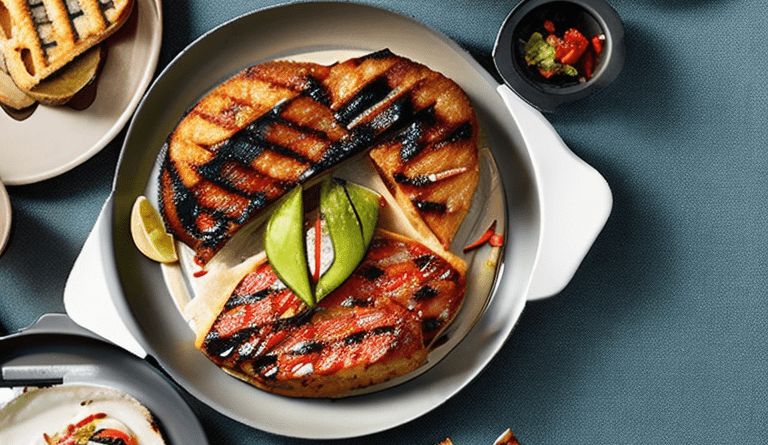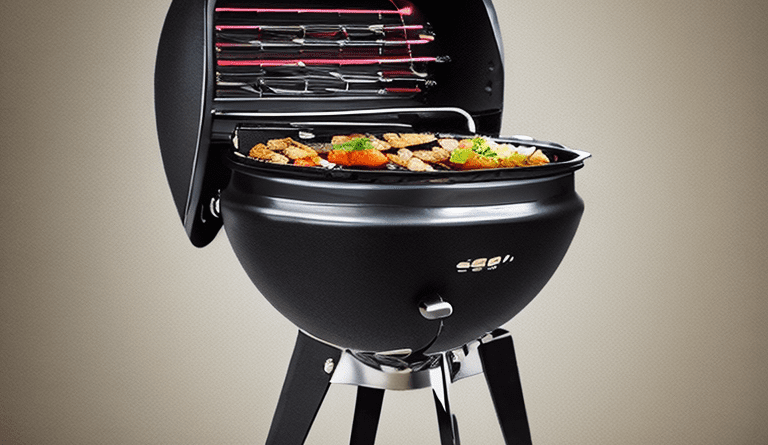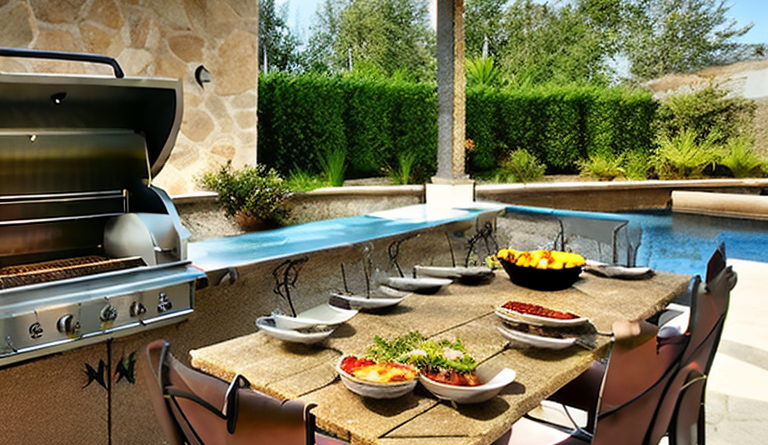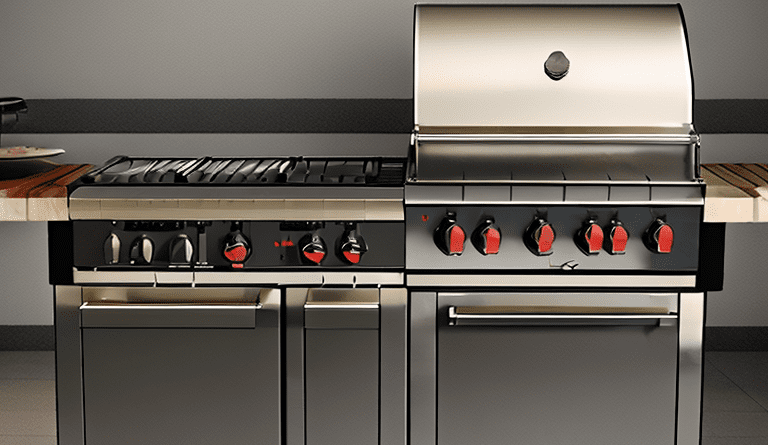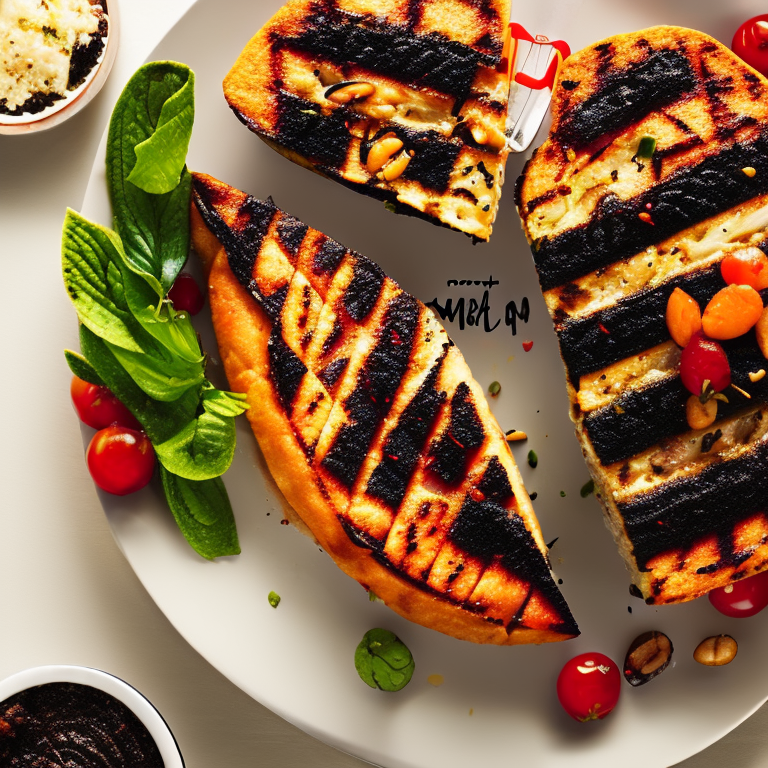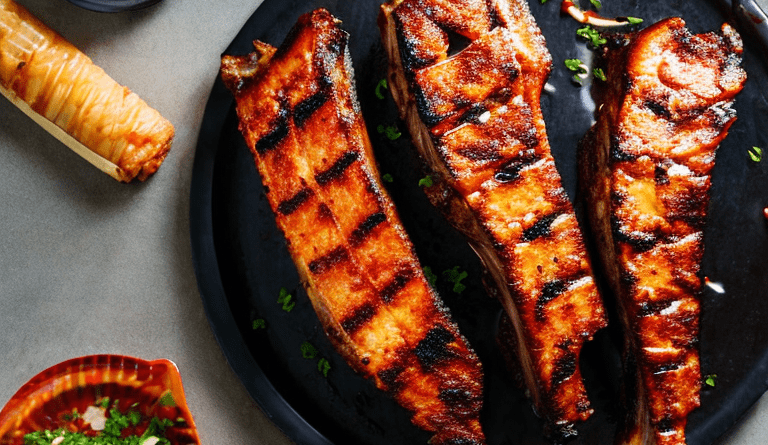Introduction
Grilling ribs on a gas grill can be an intimidating task, but with a little preparation and patience, you can cook juicy and flavorful ribs to impress your friends and family. The key is to take your time and understand the nuances of grilling ribs on a gas grill, including temperature control and seasoning. In this article, we’ll take a detailed look at the steps and techniques for grilling ribs on a gas grill.
Selecting Ribs
The first step in grilling ribs on a gas grill is selecting the right type of ribs. Three main types of ribs are available in the market: Baby back ribs, spare ribs, and St. Louis-style ribs. Baby Back ribs are the most tender and lean of the three, while St. Louis-style ribs are meaty with more fat and connective tissue. Spare ribs are between the two.
When selecting ribs, look for bright pink meat with well-marbled fat. The meat should be firm and not too soft. Avoid gray or brown meat, which could be a sign that the ribs are not fresh. Also, choose ribs that fit snugly on the grill.
Preparing Ribs
The next step is preparing the ribs for the grill. Start by removing the membrane that covers the back of the ribs with the help of a knife. This step is important because the membrane can prevent the seasoning and smoke from penetrating the meat.
Once the membrane is removed, season the ribs generously on both sides with dry rub or marinade. A dry rub is a mixture of spices that can include salt, pepper, brown sugar, paprika, cumin, garlic, and other herbs. A marinade is a mixture of oil, vinegar, or citrus juice, combined with spices and herbs. Both are a great way to add flavor to the meat.
After seasoning, cover the ribs with plastic wrap or aluminum foil and refrigerate them for a few hours or overnight. This step is essential because it allows the flavors to penetrate the meat, resulting in flavorful and juicy ribs.
Preheating the Grill
Before grilling, preheat the gas grill to 225°F for baby back ribs and 250°F for spare ribs. This temperature will ensure that the ribs cook slowly and evenly. It’s important to keep the grill at a constant temperature throughout the cooking process to avoid overcooking or drying out the meat.
Grilling the Ribs
Once the grill is preheated, place the ribs on the grill, bone-side down. If you’re using a gas grill, turn off one side of the grill and keep the other side on. This will create an indirect heat zone, which is ideal for slow cooking ribs. Close the lid and let it cook.
After about 90 minutes, open the lid and check the ribs. You can check doneness without cutting into the meat by using the bend test method. Use tongs to lift up the ribs from one end, to see if they bend easily and with a slight crack on the surface. If the ribs are not done, close the lid and cook for another 15 minutes. Check again after another 15 minutes.
After the ribs are done cooking, brush them with BBQ sauce or glaze and let them cook for another 10-15 minutes until the sauce is bubbly and caramelized. Alternatively, you can cook the ribs for the entire time without a sauce and serve with sauce on the side.
Conclusion
Grilling ribs on a gas grill is a fun and delicious way to enjoy a BBQ with your loved ones. By following these simple steps, you can cook tender and flavorful ribs that your family and friends will love. Remember to select the right type of ribs, season them well, and control the grill temperature for slow and even cooking. With a little practice, you’ll soon be grilling ribs like a pro.
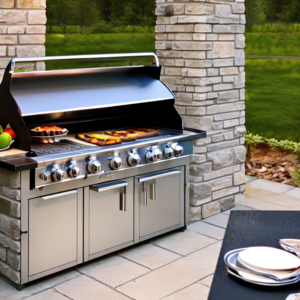

Frequently Asked Questions About Grilling Ribs on a Gas Grill
What are the best ribs to grill on a gas grill?
What temperature should I cook the ribs on the gas grill?
What is the best way to grill ribs on a gas grill?
[page-generator-pro-related-links post_status=”publish” radius=”0″ output_type=”list_links” limit=”2″ columns=”2″ delimiter=”, ” link_title=”%title%” link_anchor_title=”%title%” link_display_order=”link_title,featured_image,link_description” link_display_alignment=”vertical” orderby=”name” order=”asc”]


